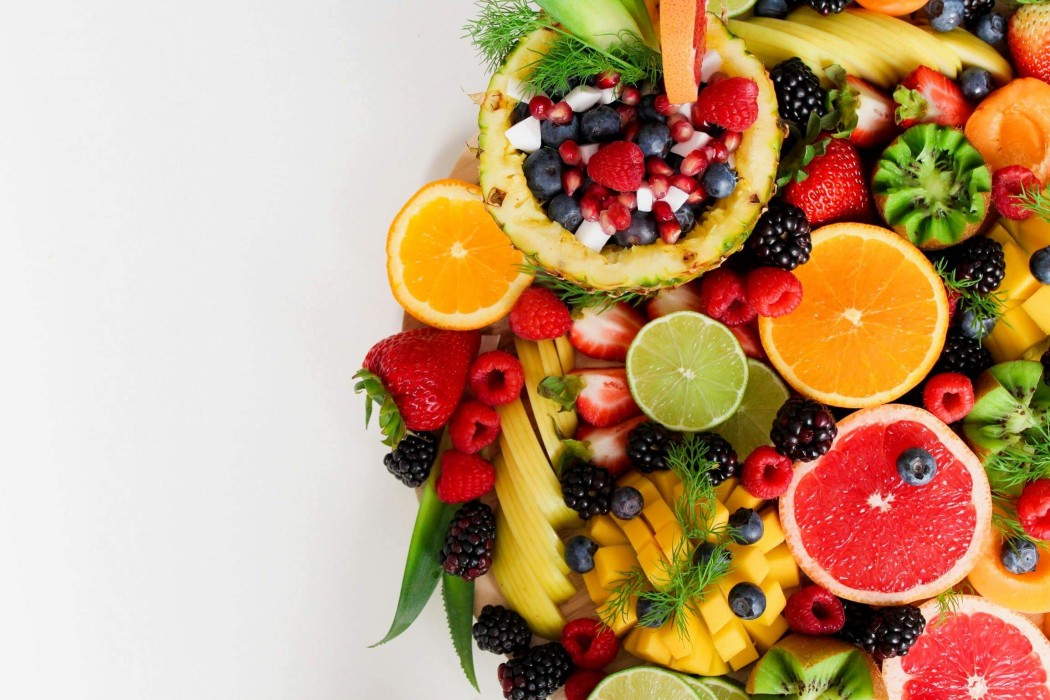Top Healthy Foods Retirees Should Start Eating

Retirement is an ideal time to focus on nutrition that supports healthy ageing, boosts energy, and helps prevent chronic diseases.
Choosing the right foods can improve physical health, cognitive function, and overall quality of life. Here are the top healthy foods retirees should incorporate into their diets, along with practical tips on how to enjoy them daily.
Dark Leafy Greens
Dark leafy greens such as spinach, kale, and collard greens are nutritional powerhouses packed with vitamins A, C, and K, as well as carotenoids that protect eye health and support heart function. Vitamin K in these greens also plays a crucial role in maintaining bone density, helping to prevent osteoporosis, a common concern for older adults.
You can add sautéed greens to your meals, toss them in salads, or blend them into smoothies to incorporate these into your diet. However, if you take blood-thinning medication like warfarin.
Consult your doctor before increasing your intake, as vitamin K can affect medication effectiveness.
Berries
Berries such as blueberries, raspberries, and dark cherries are rich in antioxidants, fibre, and vitamins that support brain health and reduce inflammation.
Studies have linked the flavonoids in berries to improved memory and cognitive function, making them especially beneficial for ageing minds.
Berries are versatile and easy to add to your diet—sprinkle them on yoghurt or cereal, blend into smoothies, or enjoy as a fresh snack. Their low sugar content makes them a smart choice for managing blood sugar levels.
Lean Proteins and Fatty Fish
Protein is essential for maintaining muscle mass and strength as we age, and fatty fish like salmon provide the added benefit of omega-3 fatty acids, which reduce inflammation and support heart and brain health.
Eggs are another excellent protein source, offering vital nutrients like vitamin B12, vitamin D, and choline, which supports memory and mood regulation.
Aim to include lean meats, fish, eggs, tofu, nuts, and seeds regularly in your meals. Baking or grilling fish with a side of vegetables is a simple, nutritious option.
Whole Grains
Whole grains such as oats, quinoa, brown rice, and whole-wheat products provide fibre, B vitamins, and minerals that help regulate blood sugar, lower cholesterol, and support digestive health.
Whole grains retain their nutrient-rich outer layers unlike refined grains, making them a superior choice for sustained energy and disease prevention. Start your day with oatmeal or swap white bread for whole-grain varieties to boost your fibre intake and promote heart health.
Nuts and Seeds
Nuts like almonds, walnuts, and pistachios, along with seeds such as chia, flax, and hemp, are packed with healthy fats, protein, fibre, and antioxidants.
Nuts contribute to heart health, reduce inflammation, and may help regulate blood sugar and cholesterol levels. Enjoy a small handful daily as a snack or sprinkle them over salads and yoghurt for added texture and nutrition because nuts and seeds are calorie-dense.
Dairy or Dairy Alternatives
Calcium and vitamin D are critical for bone health, and dairy products like milk, plain yoghurt, and cheese are excellent sources. Greek yoghurt is particularly beneficial due to its high protein content and probiotics, which support gut health and immunity.
Fortified dairy alternatives can provide similar nutrients for those who are lactose intolerant or prefer plant-based options. Incorporate a serving of dairy or its alternatives daily to help maintain strong bones and overall health.
Avocados
Avocados provide heart-healthy monounsaturated fats, fibre, and antioxidants, supporting cardiovascular health and reducing inflammation.
Their creamy texture makes them a delicious addition to meals—spread on toast, blended into smoothies, or used as a base for dips like guacamole. Including avocados in your diet can also help improve nutrient absorption from other foods.
Conclusion
Eating a diverse range of nutrient-dense foods like leafy greens, berries, lean proteins, whole grains, nuts, dairy, and avocados is essential for healthy ageing.
These foods support heart, brain, bone, and digestive health while helping retirees maintain energy and vitality. Retirees can enhance their well-being and enjoy a more vibrant, active retirement by making practical, enjoyable changes to their diets.













